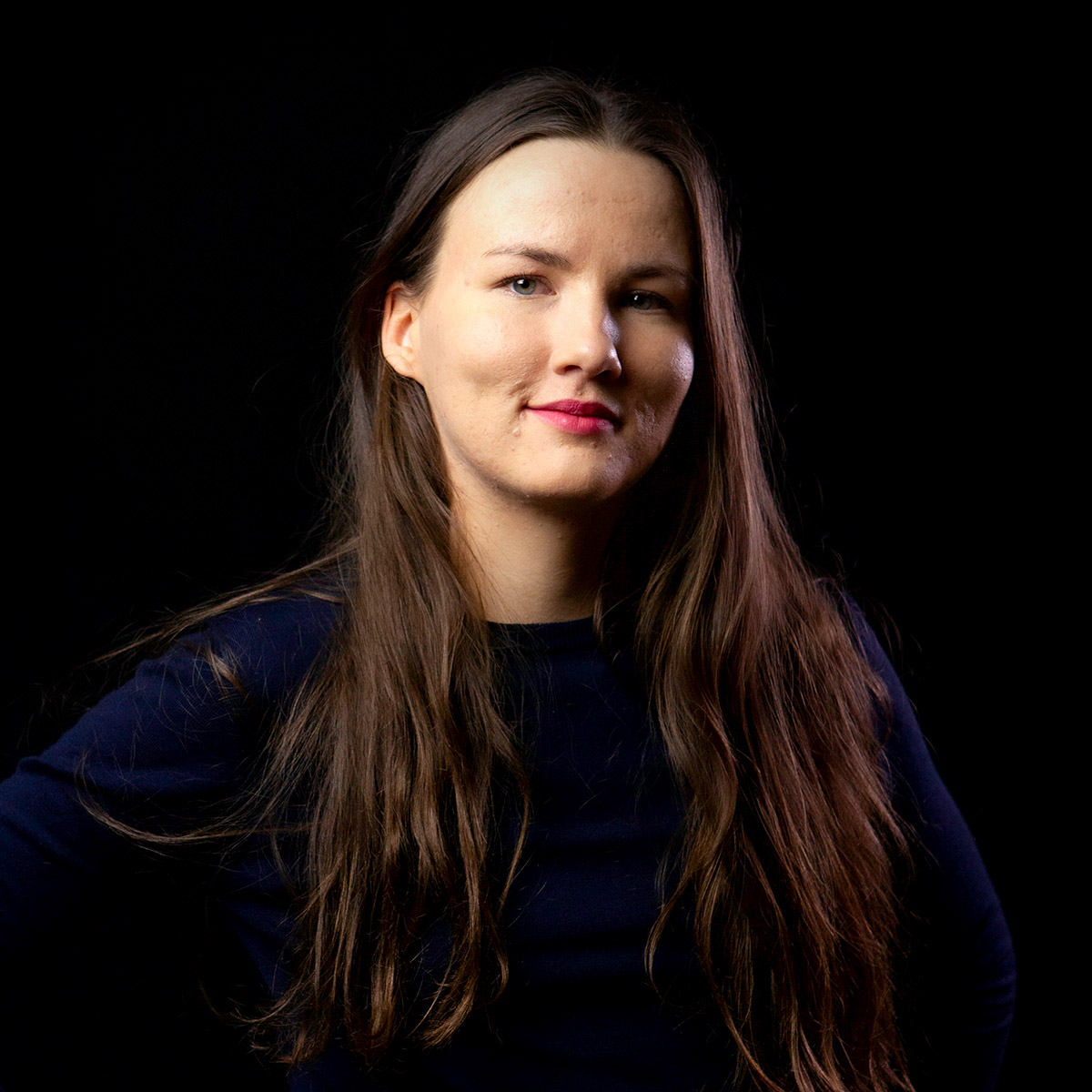What are the workshops all about?
The operational environment of the health sector is in transformation: digitisation, data and new business models are changing the way we think and work together. As healthcare costs and life expectancy rise, health care needs to become more effective, preventive and personalised.
Finland has the potential to compete, but it requires new ways of working and co-operation between different actors. A fair data economy, human-centredness and data-driven ecosystems will bring sustainable and competitive solutions to the sector.
To strengthen the impact and international competitiveness of the health sector, it is important to understand the current state and challenges, tensions, benefits, strengths and future opportunities of the development of data-driven ecosystems. The series of open workshops will discuss these topics and identified targets for development. The aim is to jointly promote concrete solutions to develop the ecosystems of the Finnish health sector.
In the workshops, we will
- develop the competitiveness of the ecosystems of the Finnish health sector through fair data economy
- share knowledge and new perspectives
- discuss the challenges of ecosystems and find solutions to them
- provide fair data knowledge capital and tools for the participants to use
The focus is on data ecosystems where actors co-operate to share and use data within the network and foster innovation and new business. In line with the principles of the fair data economy, value will created for all: people, businesses and society.
The aim is to challenge conventional views of the use of health data and add new perspectives to social debate to move towards a desirable future. The workshops will enrich the participants’ views of the competitive advantages of data-driven ecosystems in the health sector with the help of Finnish and international examples. The aim is to strengthen co-operation and build a common vision among Finnish health actors.
The workshops are aimed at health policy makers, researchers, businesses, funders, public authorities, public bodies, NGOs and other ecosystem actors and other interested parties.
Why is it worth participating?
The series of workshops provides a unique opportunity to participate in a rich discussion on the success factors of the Finnish health sector in the context of the data economy.
The participants will
- obtain essential up-to-date information and a broad view on the current state and future opportunities of data-driven ecosystems in the health sector
- assess, develop and create a common understanding of the most important long-term competitive advantages of the ecosystems of the Finnish health sector
- obtain tools for ecosystem work and the fair data economy
- enrich their understanding through Finnish and international practices and examples
- create contacts and collaborative relationships and learn from the insights of other ecosystem actors and experts in the field on data economy competitiveness, ecosystem functioning, health and well-being data and new innovation opportunities.
Workshop content and implementation
The workshops will discuss topical issues for ecosystem development. The workshops will mainly be in Finnish, but some of them will be in English. The workshops are open to all.
So far, we have organised six workshops and we will continue the series in 2023. We will discuss new fair data economy business models, ethics, digital therapies, future scenarios, personal data, funding of ecosystems and new funding models. The topics will also include Nordic co-operation, the role of the authorities, ecosystem management and cross-sectoral use of data.




Schedule